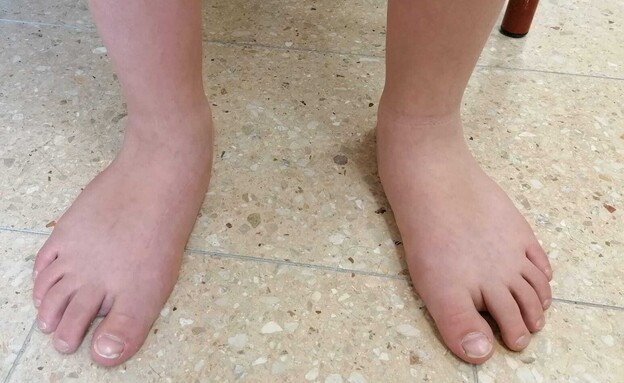HSHS President and CEO Damond Boatwright recently spoke to Catholic Health World’s Julie Minda about the closing of HSHS and Prevea locations in western Wisconsin and its impact on rural health care. WEAU has requested to speak with Boatwright but is waiting for a response.
Boatwright commented on how vulnerable populations, Medicaid, and Medicare may have played a role in the health care dynamics of the region, stating that more than 60% of those populations used HSHS hospitals. He also mentioned that the organization tried to create its own insurance company as an alternative solution, but it was not successful due to an oversupply of health care options in the community.
Boatwright explained that the market was oversupplied, and HSHS tried to identify potential Catholic systems to partner with by offering them right of first refusal. However, none were interested or able to take on the burden. The health system then attempted to reach an agreement with a potential non-Catholic partner but couldn’t find one either.
According to Minda’s interview with Boatwright, HSHS left the area after going through five stages of grief: denial, anger, bargaining, and eventually acceptance. When asked about how HSHS left the area, Boatwright stated that many other organizations in similar circumstances that are not Catholic would have just left the market without any regard for the collateral damage caused by this decision.
However, Boatwright said that HSHS reached out to other health care providers to collaborate on transitioning patients and early on reached out to elected officials. He added that other organizations may have just cut and run without any regard for their patients or their communities but that HSHS wanted to continue leading with its values and do what is right even when people are not ready for it.
In summary, Damond Boatwright discussed the factors behind the closure of HSHS and Prevea locations in western Wisconsin and how vulnerable populations might have contributed to their situation. He also talked about how HSHS tried different solutions before deciding on closure and how they worked hard to minimize disruption for patients and communities affected by their departure from the market.


